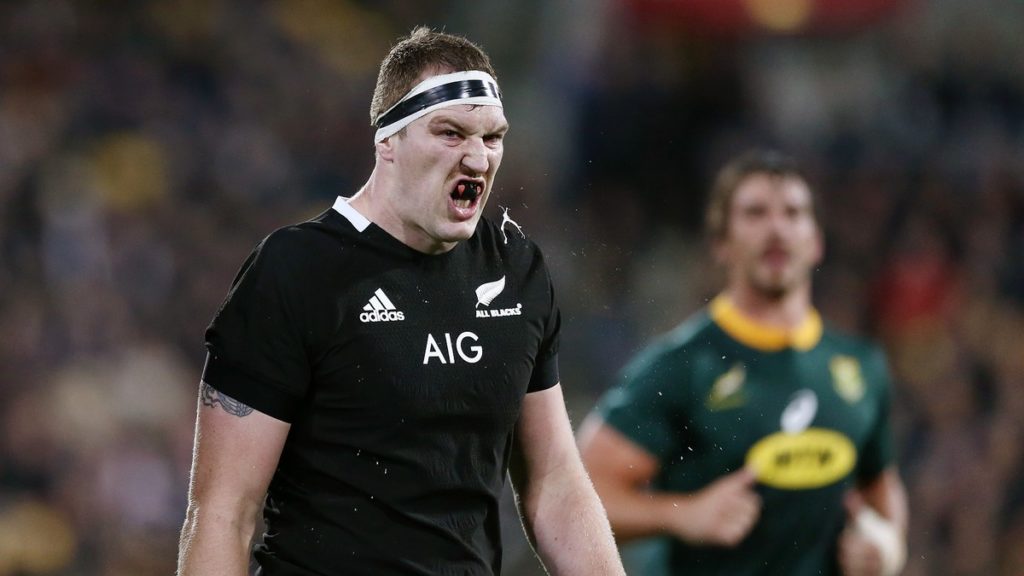World Rugby statement: Retallick cops ban after his red card

All Blacks lock Brodie Retallick has copped a ban following his red card in the 66th minute of his country’s win last Saturday over Japan in Tokyo. The 31-year-old was given his marching orders after he clattered into the back of the neck of Kazuki Himeno with a shoulder at a ruck.
After watching video footage of the incident, Georgian referee Nika Amashukeli told Retallick: “You have come from a distance with a tucked shoulder and you have made a contact with the player’s neck. That’s a high degree of danger with no mitigation. That’s a red card.”
Three days later, Retallick has learned that he has been banned for the remaining three matches of the All Blacks tour, their upcoming games against Wales, Scotland and England. However, he can become available for that last game versus the English at Twickenham on November 19 provided he successfully comes through the World Rugby coaching intervention programme.
That would reduce his suspension to two games and free him to make his 100th Test appearance in the high-profile match against England – the first time the All Blacks will have played their rivals since the 2019 World Cup semi-final in Japan.
A World Rugby statement read: “New Zealand second row Brodie Retallick has been suspended for two matches subject to the successful completion of a coaching intervention programme, having received a red card for an act of foul play contrary to law 9.20 (a) (charging into a ruck or maul) in New Zealand’s international match against Japan on October 29.
“Retallick appeared before an independent judicial committee via video link today [Tuesday]. The independent judicial committee, chaired by Wang Shao-ing (Singapore) and joined by former international referee Donal Courtney (Ireland) and former international player Leon Lloyd (England), heard the case. They considered all the available evidence, including multiple broadcast angles, the referee report and submissions from the player and his representative.
“The player accepted that he had committed an act of foul play but did not accept that the offence was worthy of a red card. Having reviewed all the evidence, the committee applied the head contact process and upheld the red card under law 9.20(a).
“In particular, the committee noted that the player admitted that the clean out of the opponent was executed with his arm trailing at the point his shoulder made contact with the back of the opponent’s head and/or neck.
“On that basis, the committee deemed the act of foul play merited a mid-range entry point of six matches given the direction by World Rugby that ‘any act of foul play which results in contact with the head and/or the neck shall result in at least a mid-range sanction’.
“Taking into account the player’s excellent disciplinary record and the mitigating factors under regulation 17, the committee granted the player full mitigation of 50 per cent, resulting in a sanction of three matches. The committee also approved the player’s application under the head contact process – coaching intervention programme.
“The player will miss New Zealand’s next matches against Wales and Scotland. Subject to the successful completion of the coaching intervention programme, he will be free to play in New Zealand’s match against England on November 19.”





































































